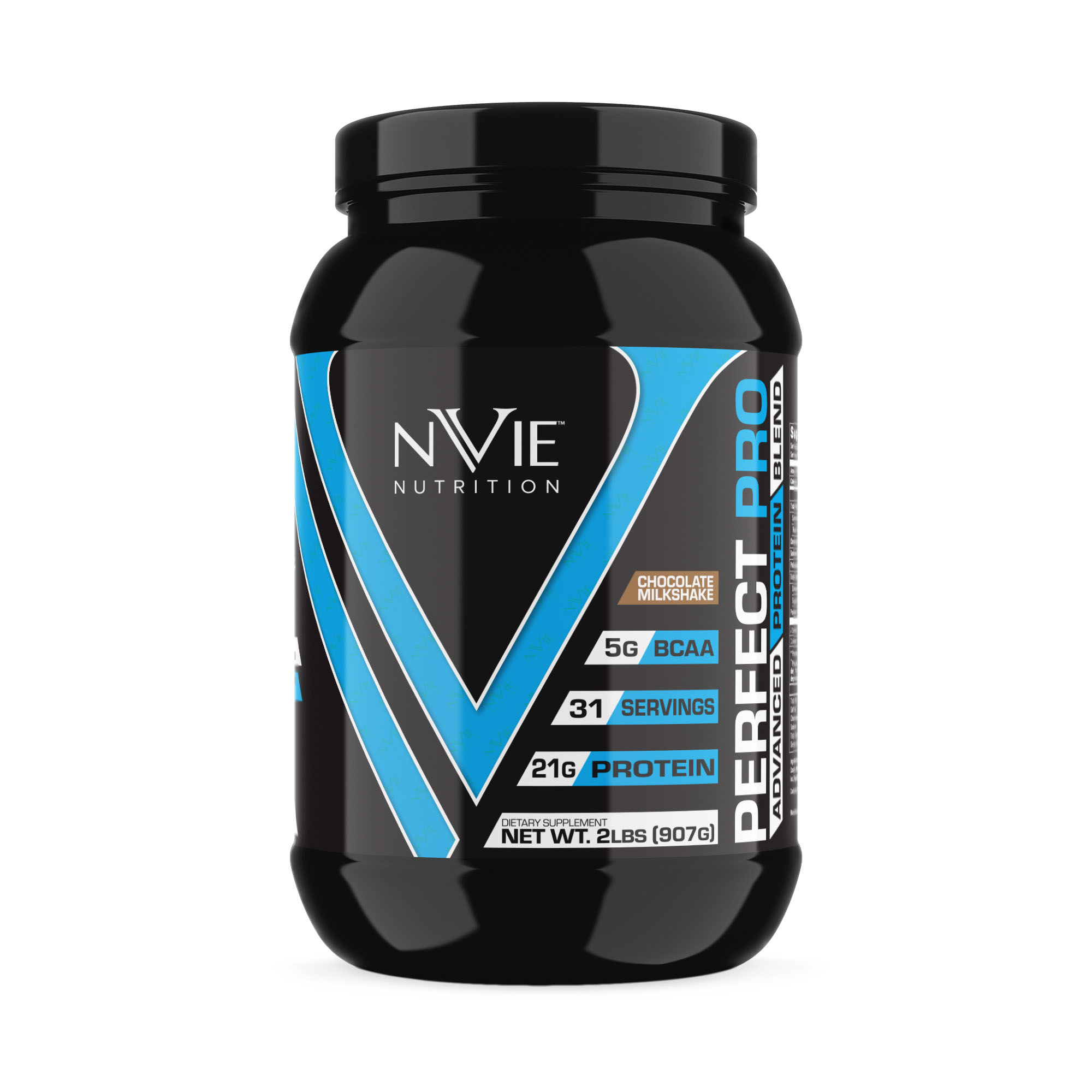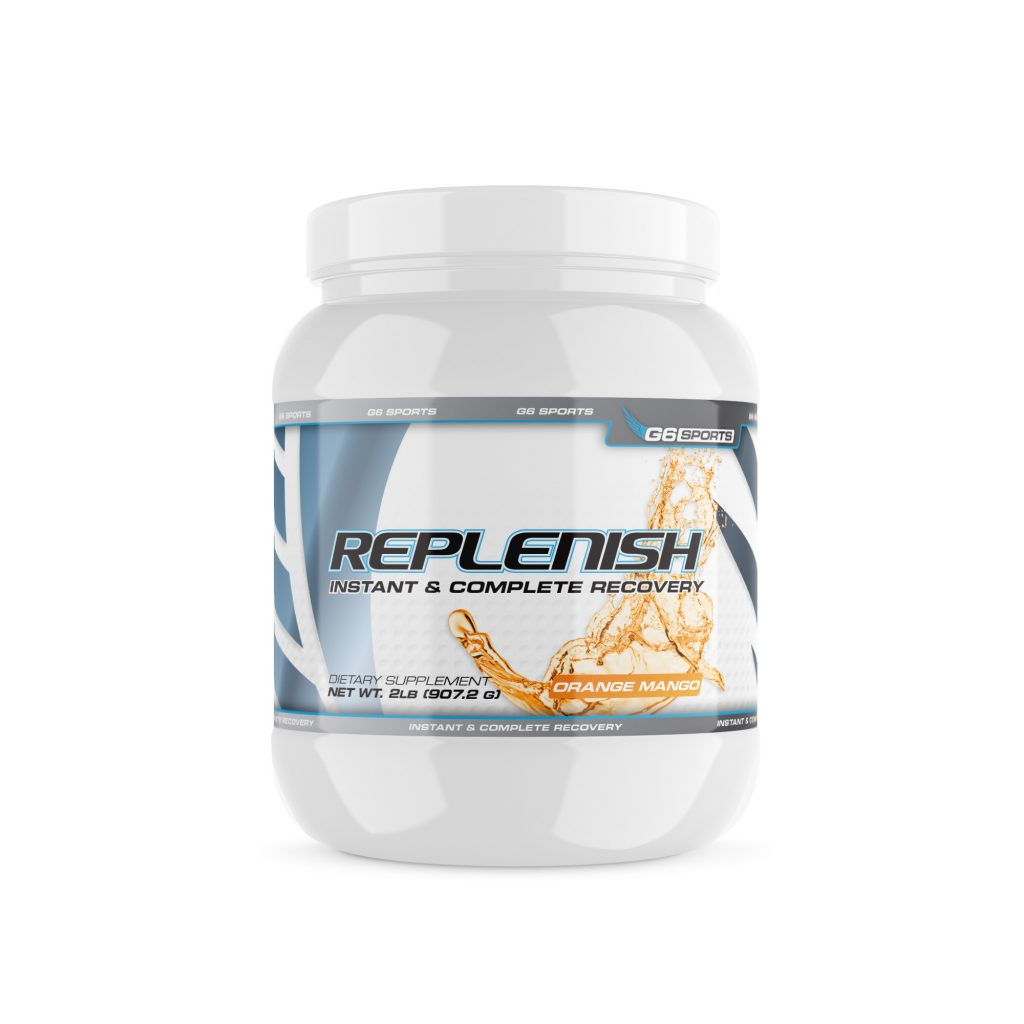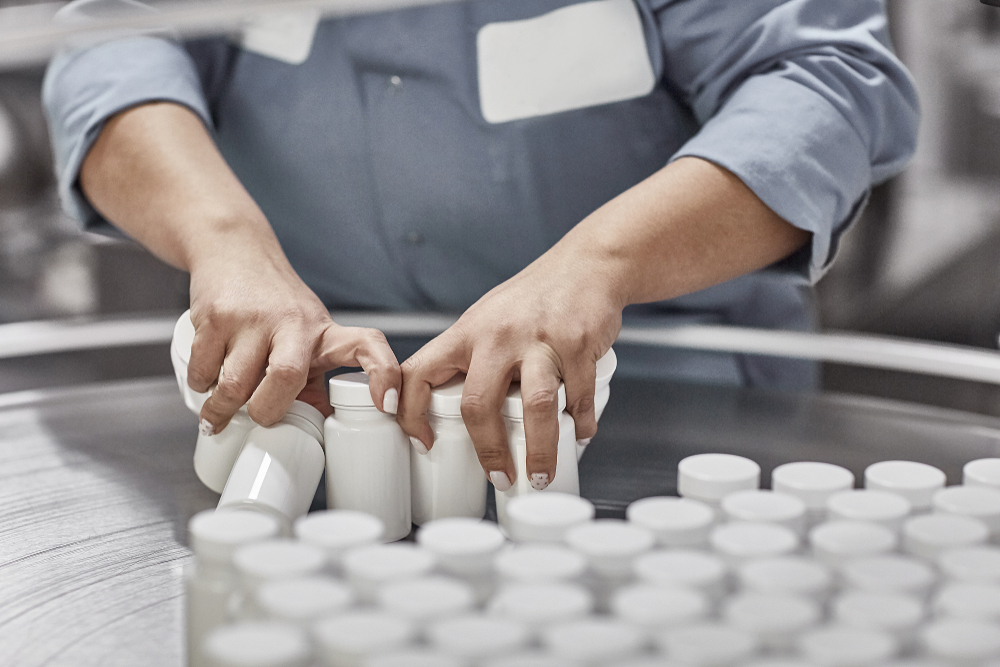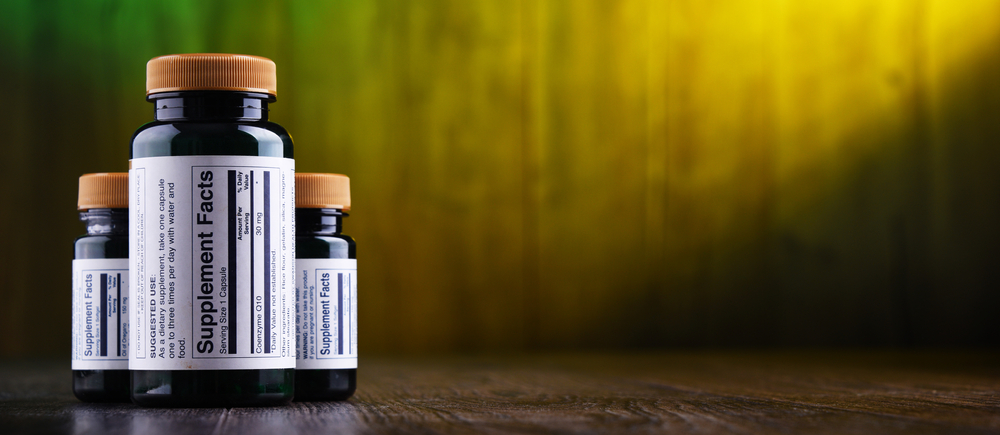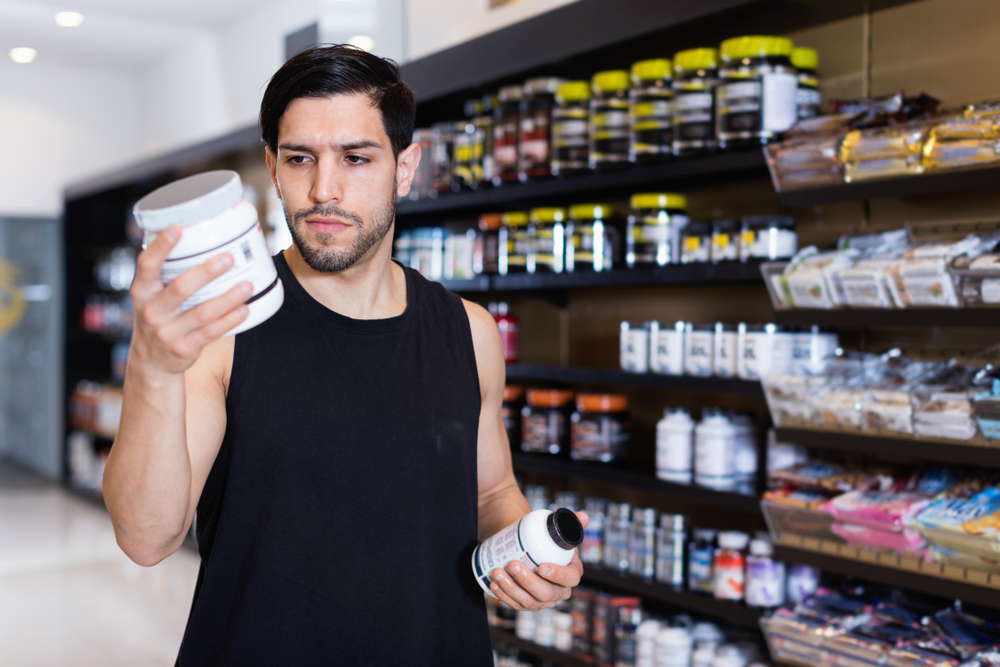Label Solutions produces commercial labels for a wide range of companies, such as ones that sell nutraceuticals that go on store shelves or to e-commerce companies.
Our commercial label experts answer several frequently asked questions about nutraceutical supplement labels.
What is a nutraceutical product?
A nutraceutical product is sold as a naturally derived substance that has a physiological benefit or offers protection against chronic disease. They are often sold as something that can be nutritive or medicinal in value for consumers. As such, a nutraceutical label must designate precisely what is in the product without making any illegal claims about what the product does.
The term is a combination of the words “nutrition” and “pharmaceuticals.”
What is an example of a nutraceutical?
There are several examples of nutraceuticals on the market today, and some of them may not seem like these types of products.
These products include, but are not limited to:
- Herbal products like echinacea and ginseng
- Spices like garlic, ginger, turmeric, and onion
- Vitamin supplements
- Mineral supplements
- Macronutrient supplements that contain fiber or protein
- Prebiotic and probiotic supplements
- Dietary enzymes that help you digest foods
- Fortified foods such as milk or orange juice with added vitamins or minerals
Nutraceuticals are often sold and labeled as dietary supplements.
What do nutraceuticals do?
Nutraceuticals provide a physiological benefit for someone based on the nutritional substances found in the product. For example, a nutraceutical with vitamin C should deliver benefits to the body associated with the antioxidant.
What is a nutraceutical label?
A nutraceutical label must display basic information about a dietary supplement.
What must be on a nutraceutical label?
The U.S. Food and Drug Administration outlines five statements that are required on a nutraceutical label:
- Name of the dietary supplement (statement of identity)
- Amount of the dietary supplement (net quantity of contents)
- Nutrition labeling (nutrients in the product)
- Ingredient list (everything in the product)
- Name and place of business of the manufacturer, packer, or distributor.
These statements must be on the front label panel or the information panel immediately next to the principal display panel so that the consumer can see the label clearly.
For example, Acme Supplements markets a product made from natural ingredients. It might say:
- Orange Peel Powder (name)
- 100 doses of 500-milligram vegan capsules (net quantity of contents)
- 500 mg of Vitamin C (nutrients in the product)
- Grated orange peel and vegetable cellulose (Ingredient list)
- Acme Supplements, 123 Main Street, Schenectady, NY, 12345 (name and place of business)
What products need nutraceutical labels?
Any ingestible substance that is not represented and packaged for use as a conventional food item or sole item for a meal and designed to supplement someone’s daily food intake.
Why are nutraceuticals so popular?
Companies market nutraceuticals as substances that may support the structure or overall health of your body, improve your health, delay aging, prevent chronic diseases, and increase life expectancy.
These products have potential therapeutic benefits for a wide range of bodily systems.
The global nutraceuticals industry is expected to reach $454 billion in 2021, up from $417.66 billion in 2020. Part of the immense growth of nutraceuticals comes from the COVID-19 pandemic as consumers sought products that could bolster the immune system to try to prevent sickness.
Do nutraceutical labels need to show if they have been tested?
No, nutraceutical labels do not need to show the efficacy or testing of the products.
What else may appear on a nutraceutical label?
In addition to the required information, nutraceutical labels may display other relevant details.
You might see:
Logo of the manufacturer. So long as it doesn’t obscure the information on the label, a logo can showcase the manufacturer’s brand.
Information about third-party testing. Many nutraceutical labels will show what third parties test the efficacy of the product.
Brands associated with the dietary supplement. Some brands and associations partner with a dietary supplement manufacturer to showcase the credentials of the product. A nutraceutical label may show the brand logos, websites, or social media of these associations.
Colorful branding. Your nutraceutical labels must help your products stand out from the crowd of others on the shelf. Dietary supplements can have colorful branding and logos to draw the eye of consumers.
Are nutraceutical labels required to list all ingredients in the product?
Yes. Dietary supplement manufacturers must disclose all ingredients, both active and inactive, so consumers can make informed choices about what they purchase. Companies must also disclose any common allergens listed in the product, such as milk, wheat, nuts, and fish.
Can Americans purchase nutraceuticals from other countries?
Yes, so long as they meet the FDA’s requirements for ingredients that can be imported to the United States and nutraceutical label requirements.
Who is responsible for information accuracy on a nutraceutical label?
The manufacturer is solely responsible for the final design and information listed on a nutraceutical label.
What materials are ideal for nutraceutical labels?
BOPP, short for biaxially oriented polypropylene, is a special kind of polypropylene designed to be an ideal printing surface. It offers flexibility and strength. White BOPP provides great adhesion and a thin substrate that makes colors pop. More than 75% of all nutraceutical labels are printed on white BOPP.
Other materials include foil, paper, film, and semi-gloss film. But none of these materials are as good as BOPP for resisting wear.
Do nutraceutical labels resist chemicals or the weather?
Some nutraceutical labels do resist chemicals or weather and climatic conditions. It depends on what is in the container. For example, some nutraceutical labels must resist liquids if the contents may spill over the sides a bit when people pour the product out of the bottle.
Other nutraceutical labels must adhere to the packaging in temperatures below 40 degrees Fahrenheit due to prolonged storage in a refrigerator. Your labels must also be sturdy enough to withstand shipping and handling during logistics.
Why should I hire a nutraceutical label producer?
Commercial label producers have the expertise and industry knowledge to handle the design and printing for your nutraceutical labels. We’ll help you achieve a time to market for your products as demand increases.
Label Solutions can help you with your nutraceutical label needs. Contact us or call 1-800-299-9200 for more information on partnering with our team.

